When I was promoting the various books I wrote about the British royal family, I was asked a number of questions by the audience. A lot were about Meghan and Harry and were uniformly hostile. Some were, indeed, more an observation than a question. I’d allow the speaker a couple of moments to rhapsodize about the late Queen and the Princess Royal; I usually didn’t mind, as long as the gabber bought a book afterward. But one of the running strands throughout my various appearances was that there would usually be someone present, slightly more excitable looking than the others, who would ask me, “Do you believe the official stories about Princess Diana’s death?” The questioner would then be pleased, and many of the others surprised, when I replied, candidly, “No, I don’t.”
It is impossible to know for certain what happened on the night of August 31, 1997, when the Princess of Wales died in a Paris car crash. Yet I have never felt that the official explanation was wholly satisfactory, whether it was mysteriously drunk driver, the conveniently amnesiac bodyguard or the sudden, dramatic death of the most famous woman in the world. Was it an MI5-orchestrated assassination made to look like an accident, thereby removing an embarrassing and potentially dangerous public figure? As my research for The Crown in Crisis taught me, it would not be the first time if it was – ask King Edward VIII. On that occasion, the security services missed the mark, figuratively and literally, but the death of Diana remains one of the most talked-about and mysterious occurrences of the past half century. I would not go as far as Peter Morgan, screenwriter of The Crown, who imagines a scene of Prince William asking his father if he had his ex-wife killed, but it is not difficult to believe that there is more to this story than has ever been made public.
I was reminded of Diana as I followed the continuing, tortuous saga of the late Jeffrey Epstein. It is embarrassing for President Trump that the pedophile financier, who had the most notorious “little list” since the Lord High Executioner’s from The Mikado, remains a persistent irritant from beyond the grave. I wrote a few weeks ago that I was unconvinced the MAGA faithful or the American population more generally would be satisfied by the announcement that Epstein had not been murdered by a member of prison staff and the accompanying declaration that there was no “little black book” of his famous clients, and so it has proved. Even as Trump has ordered the release of court documents pertaining to Epstein, sighing that “nothing will be good enough for the troublemakers and radical left lunatics making the request,” further details – such as the missing minutes of CCTV footage retrieved from the Metropolitan Correction Center – all have combined to make the suspicious and paranoid alike believe that there is more going on than has been suggested.
The Epstein saga, however it is resolved – and the court battle between Trump and Rupert Murdoch suggests that this could go all the way – has taken its place amongst the great conspiracy theories of our age. Trump attempted to put the JFK assassination to bed by ordering a mass declassifying of documents about that. That did not work, either; amidst the morass of useless information were enough nuggets of detail to embolden, rather than defeat, those who believed that he was killed by the CIA/the Mafia/the radical left/Castro/whichever pressure group or cult becomes the enemy du jour. That the KGB will be releasing their own files on the assassination later in the year (presumably in the spirit of trolling, rather than legitimate assistance) will only excite further suspicion. It is hard to imagine that this will ever be put to bed.
We live in a paranoid age. Many believe that there is a shadowy conspiracy, originating in Davos or some such place, that has been put about by the great and the good to keep ordinary people downtrodden and poor. Depending on how credulous you are, the levels of conspiracy can encompass everything from QAnon’s belief that American society is built on a vast, all-powerful pedophile network – hence the fascination with Epstein – to straightforward, Scientology-inflected ideas that the earth is in fact run by giant shape-shifting lizards from the planet Xenu, or some such place. Either way, there is a higher power out there that has nothing to do with theology and everything to do with the shadowy ministrations of all-powerful evildoers, which conspire to keep the world in a servile state. Or at least they would have done, if it weren’t for the heroic efforts of (insert name of politician or celebrity here).
It is not hard to see why conspiracy theories act as a source of comfort to many. The idea that the world is not governed by largely incompetent and venal human beings who are prone to the same failings mandated by the seven deadly sins as the rest of us, but a ruthless, even otherworldly, cabal, suggests that things will get done. Sure, widescale blundering might mean that the cost of living is higher than ever, international conflict is at a peak and hatred and suspicion rule the roost. But the idea that it is someone else’s fault – and that this shadowy, all-powerful institution or organization needs to be defeated in order for righteousness to triumph – is a seductive, if bogus, one. So every time something goes awry, and it is regarded as conspiracy exposed rather than human error, someone, somewhere out there will be very happy indeed.



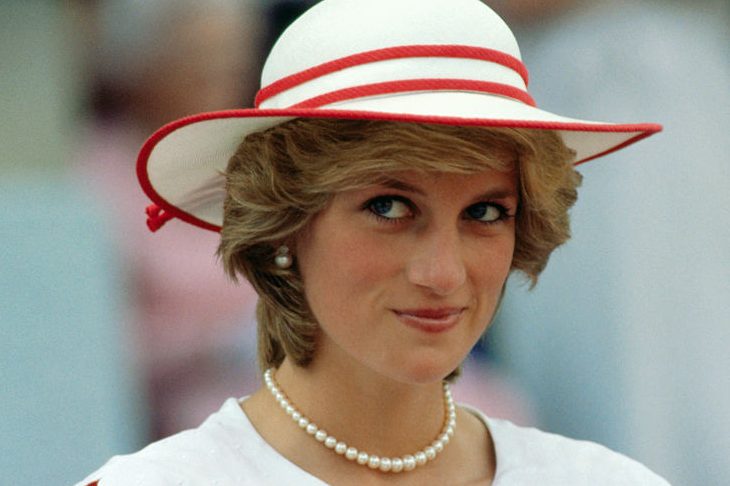







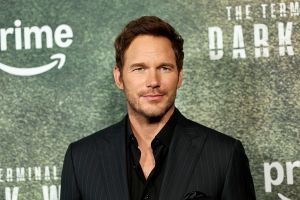

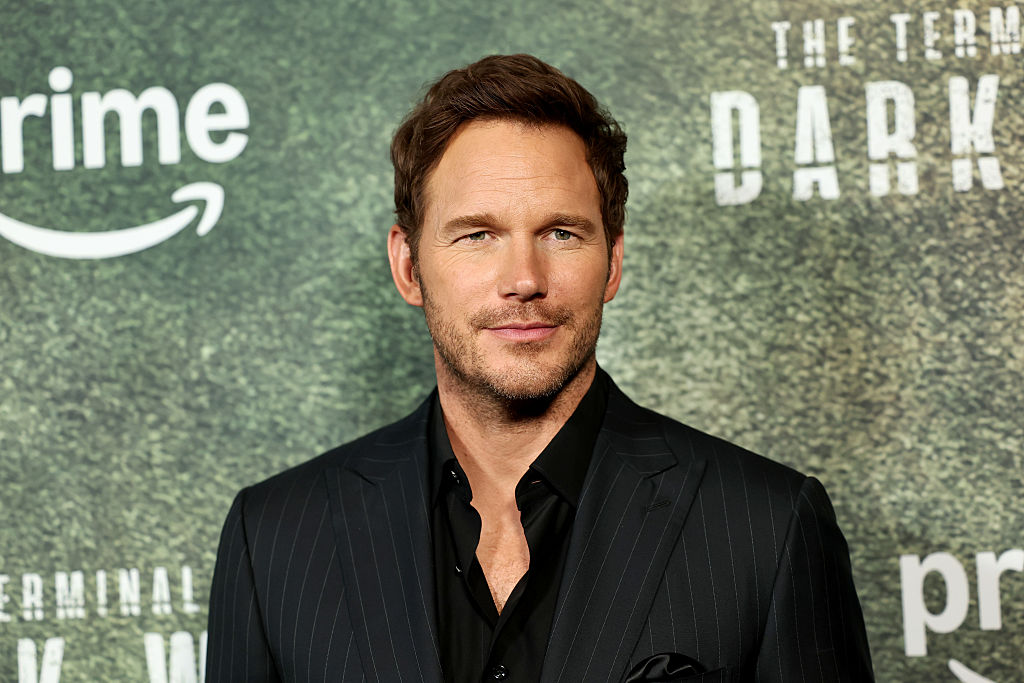
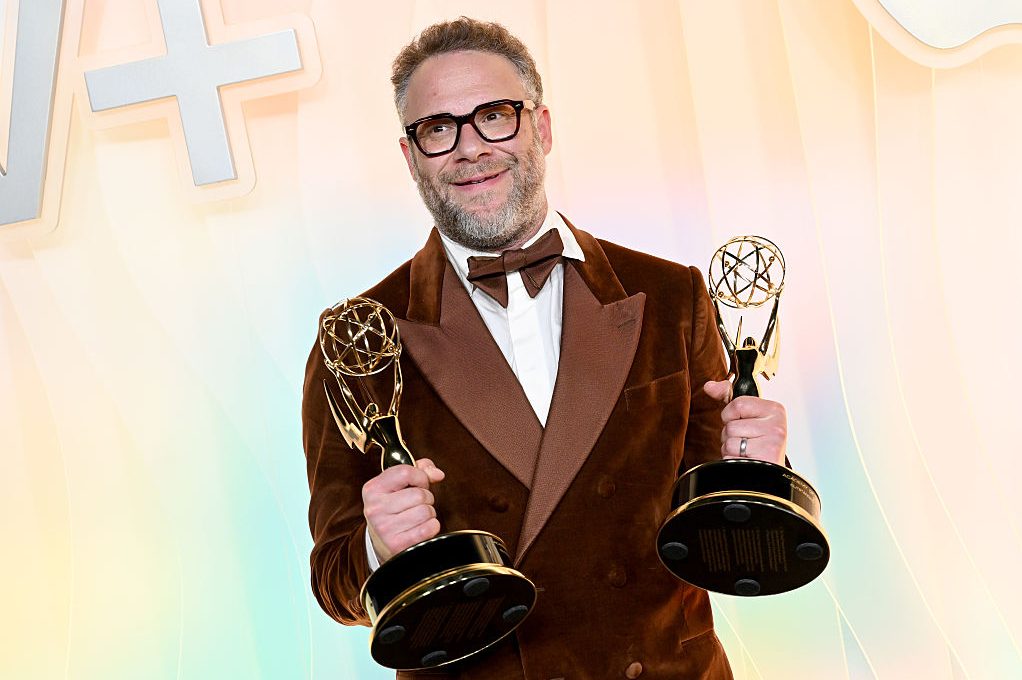
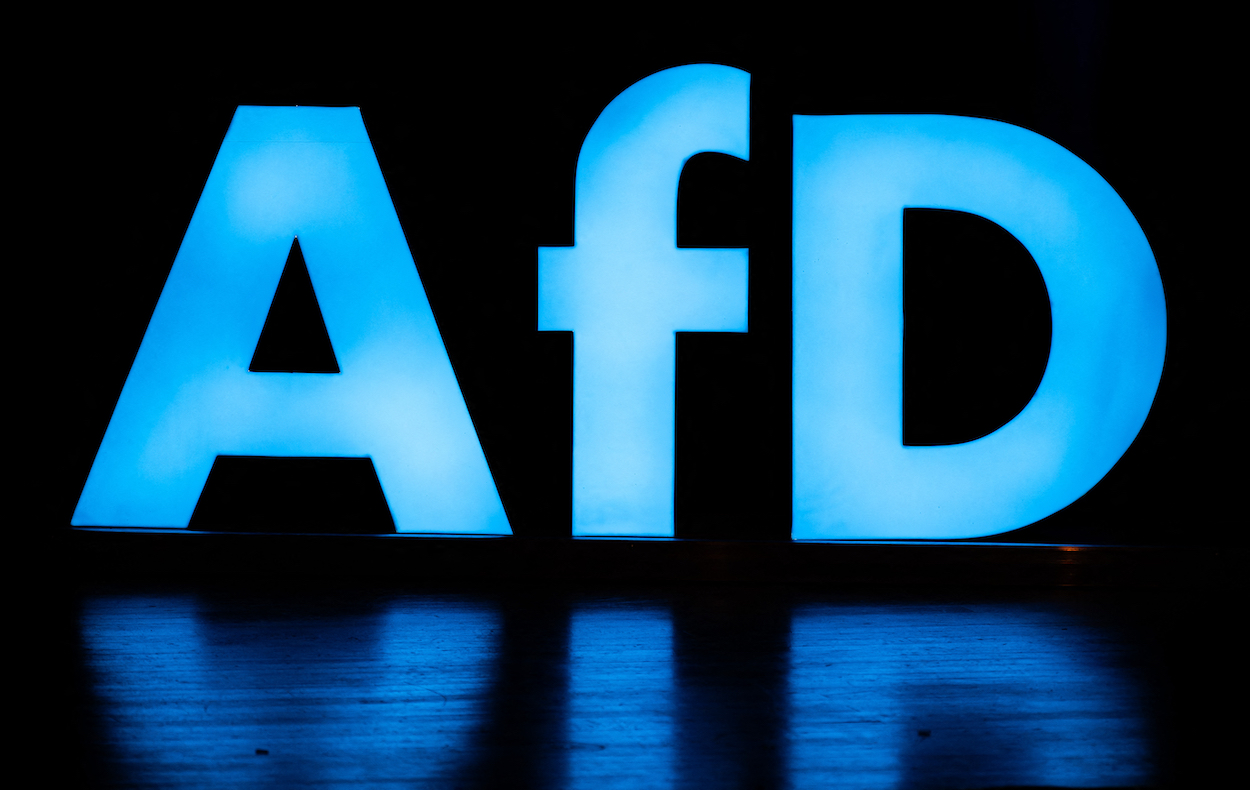
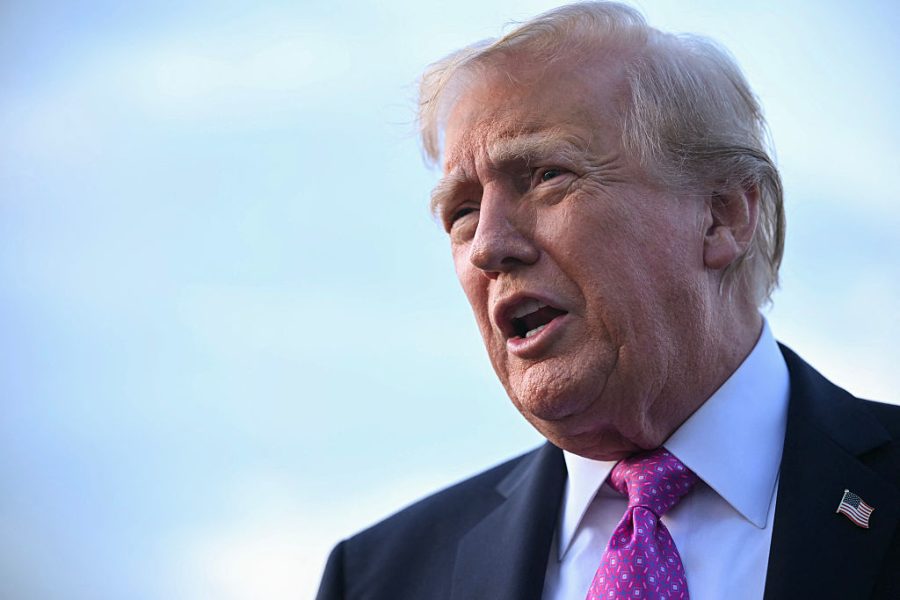
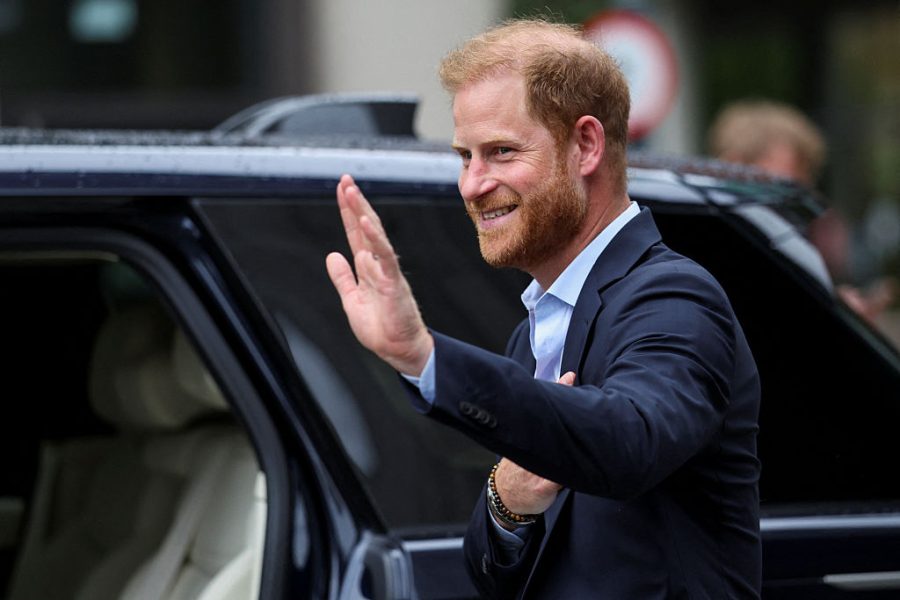
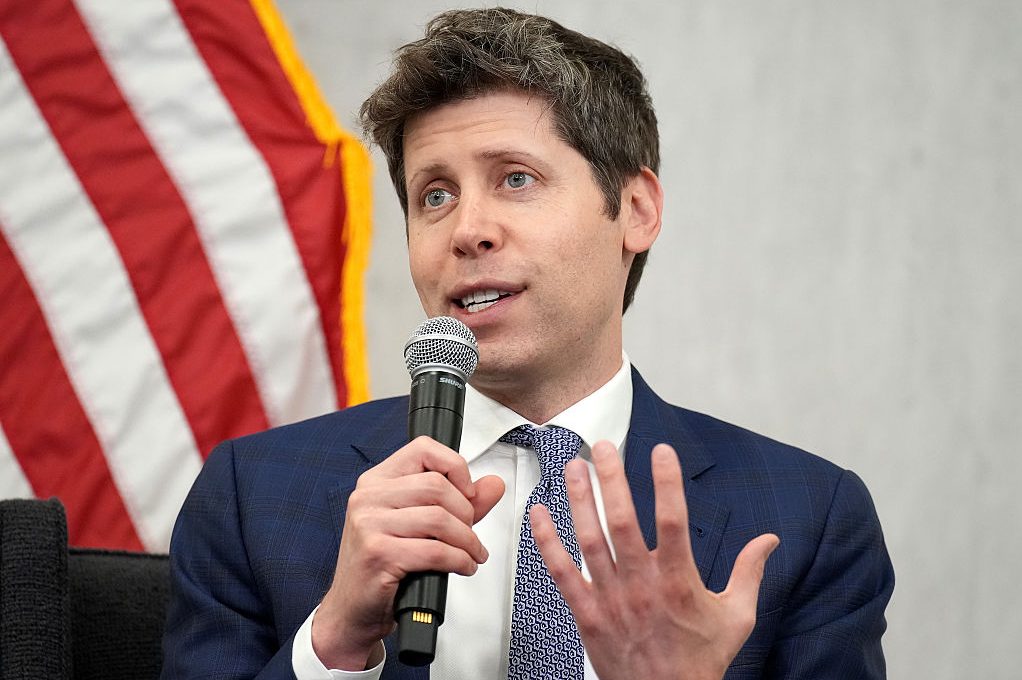







Leave a Reply